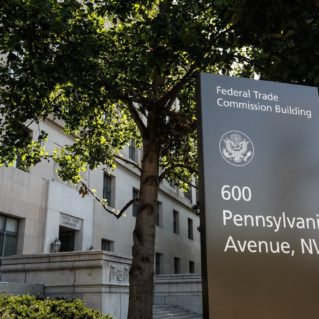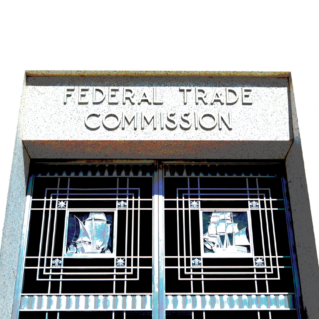With one out of every five small businesses failing before the end of their first year, opening and running your own business is an enormous challenge.
According to a new Groupon survey, it’s even tougher for female entrepreneurs with more than half of respondents, 56 percent, saying that they had to overcome greater obstacles than their male counterparts and nearly 50 percent of respondents saying that they were held to a higher standard when trying to open their own business.
The poll, commissioned by Groupon for October’s National Women’s Small Business Month, surveyed more than 850 women small business owners to find out what sort of challenges they face, the best states for women to open their own business, why these entrepreneurs decided to become their own boss, how they achieved success and the most important issues they want to see addressed in the 2020 presidential election.
“As one of the largest marketplaces of small businesses anywhere in the world, we’re thrilled to honor female entrepreneurs and recognize the contributions and value they bring to our lives on a daily basis and to the communities we call home,” said Sarah Butterfass, chief product officer and Women at Groupon executive sponsor. “Many of the women that we interviewed had to overcome unique challenges in order to get their business off the ground and offered a number of key insights for other women thinking about starting their own business.”
Overcoming Unexpected Challenges
Seventy-one percent of women small business owners reported that they faced unexpected challenges when they opened their business. Some of these challenges included: balancing a business and a family, struggling to be taken seriously, defying social norms, owning their own accomplishments and gaining access to capital. Thirty-four percent of women small business owners said they had to finance the opening of their own business through personal savings or by borrowing from a retirement account.
Ranking the Best States to Start Your Own Business
Taking into account a number of different factors such as barriers to entry, economic conditions and available small business resources, Texas, Illinois, Michigan, Indiana and Tennessee ranked as the best states for women to start their own business. Massachusetts, New Jersey, Washington, South Carolina and Ohio rounded out the top 10. The top five ways identified by survey respondents in which state officials can help small businesses are: lowering or simplifying taxes, offering more small business resources, improving access to healthcare and insurance benefits, making housing more affordable and creating greater access to capital.
Becoming Your Own Boss
According to the survey results, being your own boss, having a flexible schedule, pursuing your passions, gaining more control over your future and receiving equitable pay were the top five biggest reasons women went into business for themselves.
Achieving Success
Of surveyed respondents, it took an average of nearly three years to make their small business a success. Entrepreneurs said that putting in the hard work, taking pride in the quality of their product or service, building a personal network, serving an underserved market or space and having innovative business ideas were the biggest keys to their success. Thirty-six percent of survey participants said they work more than 40 hours per week, and 76 percent stay up at night worrying about the success of their business.
Making Their Voices Heard in the 2020 Election
Women small business owners were split on the Trump administration’s impact on small business ––32 percent of those surveyed said that the administration has had a positive impact on their business and 31 percent said that it has had a negative impact. When it comes to the Democratic presidential candidates, more than half of the women small business owners who plan to vote during the primaries don’t think any of the candidates will positively impact small businesses. Of the respondents who expressed a preference, Sen. Elizabeth Warren was identified as the leading candidate who could have a positive impact on small businesses. The Massachusetts senator was followed by former Vice President Joe Biden, Sen. Bernie Sanders and Sen. Kamala Harris.
The top election issues identified by women small business owners were the following: healthcare, taxes, immigration, the economy and gun control. Finally, 54 percent of respondents said they feel it’s likely that the U.S. economy will go through a recession in the next 12 months.
National Women’s Small Business Month was created by the Small Business Administration to celebrate the contributions of women-owned businesses. According to the American Express 2019 annual State of Women-owned Businesses Report, there are nearly 13 million women-owned businesses in the United States––supporting over 9 million jobs and generating $1.9 trillion in revenue.


